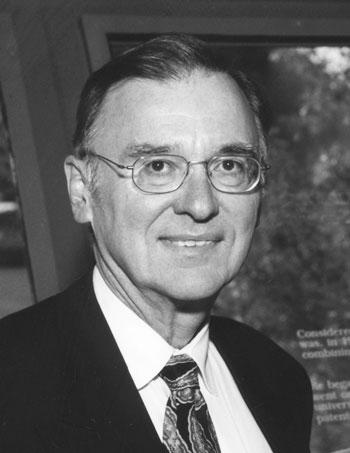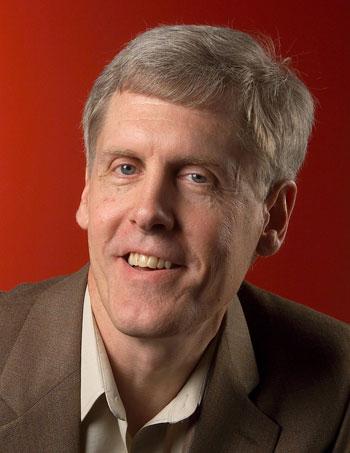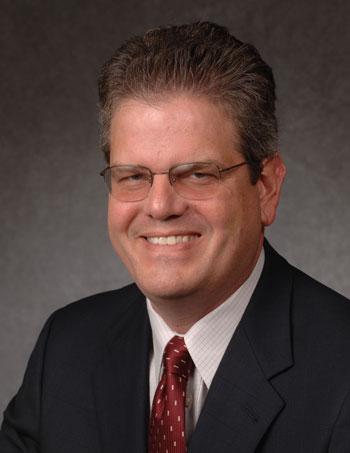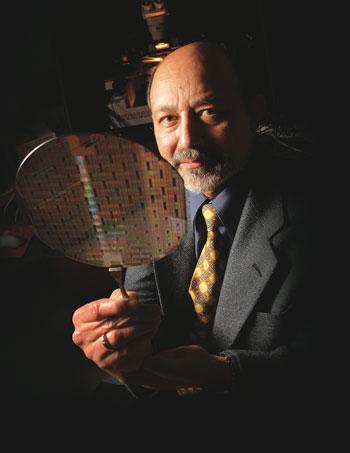For several decades, semiconductors have been at the root of almost every major scientific advancement, from computing to commerce to biotech. Rensselaer was there from the beginning.
Marcian “Ted” Hoff, known as the “father of the microprocessor,” Steven Sasson, inventor of the digital camera, Curtis R. Priem, cofounder of NVIDIA, and Jayant Baliga, a pioneer in power semiconductor electronics, are all graduates of RPI. Alumni also founded or co-founded Texas Instruments and Fairchild Semiconductor, among others.
Revolutionary Research
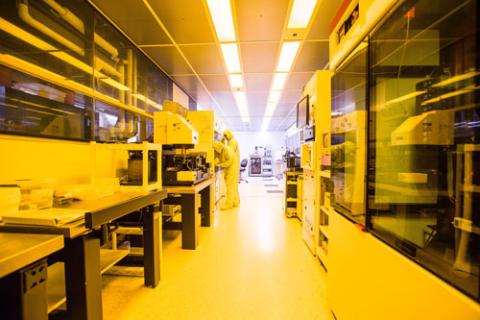
Rensselaer's Class 100 Microscale and Nanoscale Clean Room.
Groundbreaking research continues on campus today. RPI researchers and their partners in government and industry take advantage of a 5,900-square-foot, class 100 Microscale and Nanoscale Clean Room, which supports a broad range of processing, measurement, and fabrication tools enabling them to create new structures, devices, and systems at the micro- and nanoscale. The Nanoscale Characterization Core (NCC) provides a powerful suite of imaging, spectrometry, and diffraction instruments to interrogate structure, chemistry, and other properties from the atomic- to microscale.
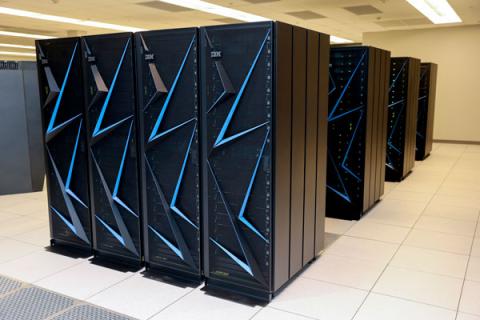
The AiMOS supercomputer.
They also utilize the Artificial Intelligence Multiprocessing Optimized System, or AiMOS, an eight petaflop IBM POWER9-equipped supercomputer configured to enable users to explore new AI applications. A collaboration between IBM, Empire State Development, and NY CREATES, AiMOS is the most powerful supercomputer housed at a private university.
Collaborative Spirit
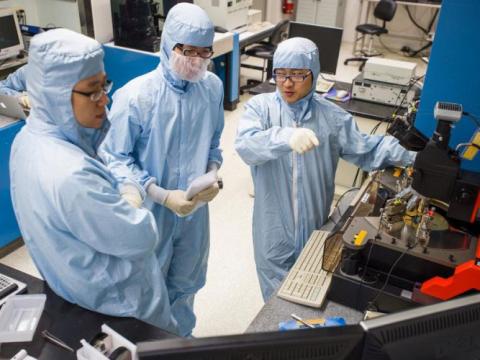
Rensselaer has long been noted for its "low walls." There are no rigid divisions across departments and schools.
Our greatest strength, though, is our people. RPI faculty and students collaborate across disciplines, with important contributions from Electrical, Computer, and Systems Engineering; Materials Science; Chemical Engineering; Industrial and Systems Engineering; Mechanical Engineering; Biomedical Engineering; Computer Science; Physics; Chemistry; and Math. This culture of collaboration creates the spirit of adventure and versatility for which Rensselaer is known, and which makes our researchers so appealing to partners in government and industry.
Innovation at RPI
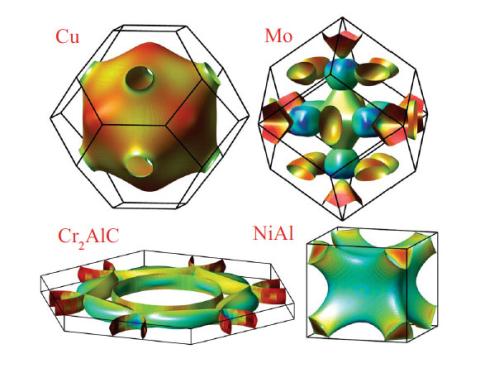
In recent research that could have great impact in the chips industry, Professor Daniel Gall is researching new materials that may replace copper as the metal in interconnect lines (the electric wires that connect transistors in a computer chip).
Image caption: Calculated Fermi surfaces used to predict ροχλ. The sperical surface of Cu increases grain-boundary transmission and the antisotropic Fermi velocity (indicated by colors) for Cr2AIC minimizes the electron velocity toward (0001) surfaces, reducing the resistivity from surface scattering.
When Rensselaer Polytechnic Institute was founded nearly 200 years ago for the “application of science to the common purposes of life,” that was an innovative idea. In fact, RPI is the oldest continuously operating polytechnic in the Anglophone world.
We distinguished ourselves from the very beginning as pioneers in civil engineering. Our founder and first senior professor were involved with the design and construction of the Erie Canal system, connecting the East Coast with what were then the westernmost United States. Early alumni made their marks on American infrastructure, designing the Brooklyn and Williamsburg Bridges, the transcontinental railroad, and more.
As we enter our third century, we continue to meet the challenges of our time. Semiconductor research has only become more crucial in recent years, as evidenced by chip shortages, developments in international relations, and the impending breakdown of Moore’s law. The passage of the CHIPs and Science Act has laid the groundwork for addressing these issues, and the concentration of the semiconductor industry in Upstate New York ensures that all roads to finding solutions will pass through the Capital Region. Across materials, devices, systems, and design, Rensselaer Polytechnic Institute is committed to that effort. As our past shows, we’re always ready for the future.
